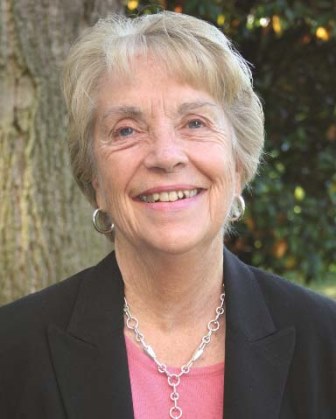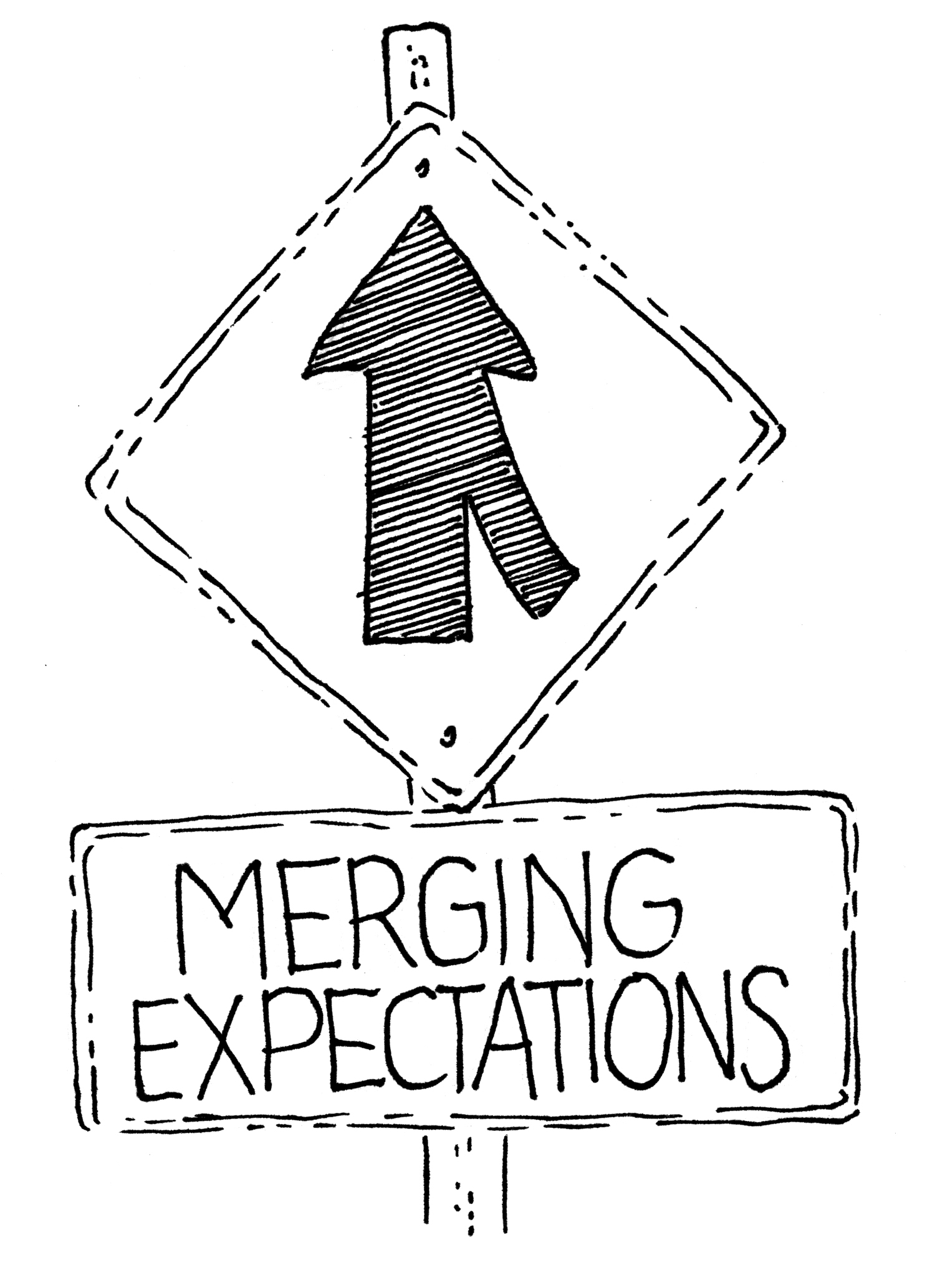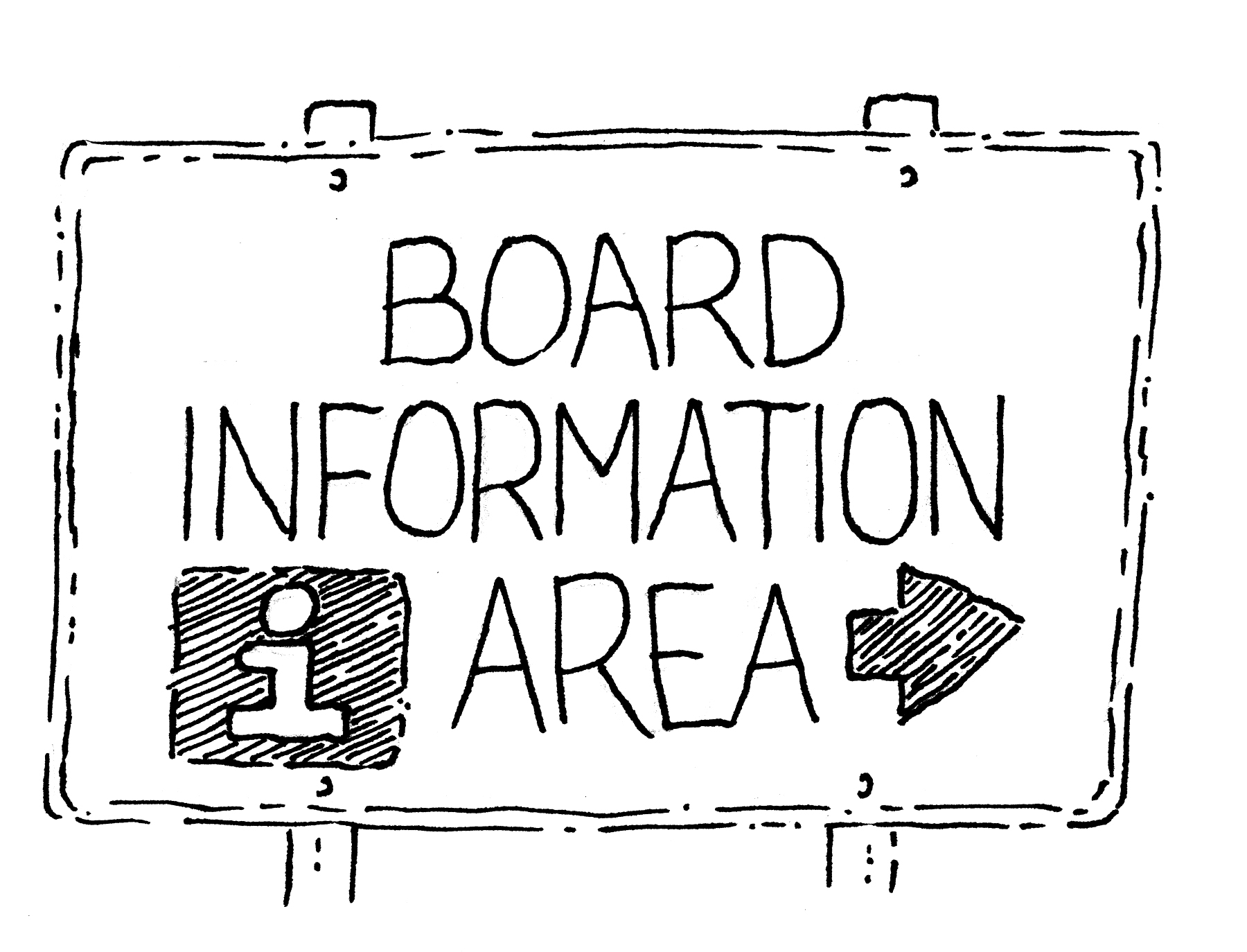The journey of board service starts with recruiting the right people and continues even after the official term of office ends. Guest editor Rebekah Burch Basinger has assembled an invaluable collection of new and previously published resources to mark the path from novice board member to well-loved veteran.
An earlier version of this article appeared in the Spring 2003 issue of In Trust, pages 23-25, as "Drafting a Statement of Expectations."
 |
| Tracy Schier is editor of Lilly Endowment's Initiatives in Religion, director of the Institute for Administrators in Catholic Higher Education at Boston College, and an In Trust Governance Mentor. |
Do your board members know exactly what's expected of them? How do you know they know? Those who have drafted formal statements of expectations for board members share their expertise on how you can ground newcomers — and veterans — in your school's mission. Once again: How do you know they know?
Once upon a time (and not so very long ago), seminary board membership was about as challenging as rubber-stamping the president's decisions, having your name on the institution's stationery, and — the really hard part — playing golf with the other members. But, as the song says, "The times they are a-changin'," and perhaps nowhere so dramatically as in the arena of governance.

When we read the literature on governance, we find it is a given that boards should engage in self-evaluation. Indeed, the Association of Theological Schools standards require it. In order to do this, board members need to know what the expectations are — against what criteria should they reflect upon their performance? Most of the theological school presidents and board chairs queried for this article have a clear idea of what is expected of their board. Some have put these expectations in writing, others rely on delineation of responsibilities set out in the bylaws, still others are a bit more informal, sharing expectations in ways that fit comfortably within the institutional culture — but all have a clear vision useful to those who seek to create or clarify a standard that will allow new board members to find their place.
Two presidents of Andover Newton Theological School in Newton Centre, Massachusetts, weighed in on the expectations issue. Past president Benjamin Griffin explained that during his presidency, one of the board's most important responsibilities was awareness of the external theological environment. "We expected our trustees to know what was happening in American religious life," Griffin said, and one way this was assured was by requiring them to be active members of a parish. This held a direct bearing on the way the board was expected to plan and make decisions. "Most planning is based on past data," he noted. "What our board needed to do was think beyond the next fiscal cycle and ask where we wanted to be in five or 10 years."
Further, Griffin expected board members to take the time to know what was really going on internally at Andover Newton. This meant, he said, that they would "develop an understanding that goes beyond the reports of the administrators and the figures from various offices. "He pointed out that one of the most important things boards do in freestanding seminaries is appoint the faculty and approve promotion and tenure. "This function of the board must be more than pro forma." It was more important even than appointing and evaluating the president, "because tenured faculty will be around for a long time — in many instances beyond the duration of a particular presidency." Griffin talked about the expectations with prospective board members personally, but he also included those expectations in a formally drafted version to help members adhere to the school's mission. "It is up to the board to regularly monitor how the mission is being carried out, "he said.

Since 2004, Andover Newton has been led by Griffin's successor, Nick Carter. He agrees with Griffin and adds that the board needs to conduct an environmental scan — not just of the religious environment, which can include religious education, denominational life and the church, but also a scan of society. Orientation sessions and ongoing work can help board members enlarge their vision, Carter says, and he emphasizes that board members need to understand the "global and larger society in which we live, the state of the church, local church life," and denominational issues. "Fiduciary responsibility demands a greater level of awareness of the world in which we all work and live," Carter says.
Aquinas Institute of Theology in St. Louis Missouri, is a Roman Catholic school sponsored by the Dominican Province of St. Albert the Great, which covers the central United States. Its long-time president is Dominican Father Charles Bouchard. Board development has been a priority issue of his presidency, Bouchard said, partly because Catholic seminaries do not have a tradition of active lay participation on their boards. He described the Aquinas board as starting this shift to inclusion of lay leaders some 20 years ago, with an increased infusion in the past 10. "Because this is a new role for lay persons, the learning curve is high," Bouchard said. "But we find that they have been able to move successfully from thinking their role is only advisory to truly understanding their role in governing this institution that is preparing future church leaders. "He noted that the seminary holds regular board education sessions dealing with church issues. These sessions often include seminary faculty. Of Aquinas's 25 current board members, 20 are lay people, Bouchard said.

Aquinas provides a written statement of expectations to prospective board members. It says, in part, "Because selection and training of future ministers is the responsibility of the whole church, the Dominicans who sponsor Aquinas seek qualified lay men and women, religious leaders and pastors who will serve as 'governance partners' on the Board of Trustees." Specific expectations include making Aquinas a priority: "After family and job, Aquinas should be first or second in importance for time and charitable giving." A second expectation is participation in the twice-yearly meetings and work on board committees. Annual contributions are also an expectation: "We suggest an annual gift of at least $1,000, but we realize that board members' varying circumstances may allow a larger gift." Finally, board members are expected to act as ambassadors for Aquinas "by bringing our name and mission to your public whenever possible. The president will ask your assistance in soliciting a gift of building a particular constituent relationship."
According to David M. Greenhaw, president of Eden Theological Seminary, also in St. Louis, board members have little doubt about their responsibilities, which he reiterates to them in a letter after initial conversations at the time of nomination. A primary requisite for Eden board members is that they be highly participative. That the membership takes this seriously can be seen in their attendance: Each meeting averages an attendance of 27 (out of 30) members. And more than half of these fly in to meetings, Greenhaw added.

A third expectation for Eden trustees involves their fiduciary role."We have conversations about money," Greenhaw said, "and we seek members who have a combination of influence and affluence."This includes early notice that it is expected that 100 percent of the board will contribute to the annual fund, although no specified amount is set for each board member.
Denver Seminary begins its "Board Member Profile" statement with the following: "Denver Seminary has a strong history of governance by board members who have demonstrated great devotion to Christ, to the Seminary, and to preparing leaders for God's kingdom. "The seminary provides a checklist to help potential board members determine their willingness and ability to meet board commitments. The commitments include signing the seminary's Statement of Faith, attending board meetings, signing a conflict of interest policy, praying regularly for the seminary and making a yearly financial gift. Members are also asked to commit to remembering Denver Seminary in their will, trust, or insurance policy; to work with other board members to guard the purpose of the school; to recommend the seminary to prospective students; and to make it known to churches, pastors, and Christians in their community. Finally, board members commit to assist in fundraising through introducing influential prospects to the seminary administrators, visiting donors or prospective donors, and lending their name for publications used to advance the seminary.
"We encourage our board to keep these commitments through an evaluation process that the board's governance committee leads," said Craig Williford, Denver's president. "Each board member is asked to evaluate his or her own performance partway through a term, and then a member of the governance committee reads that evaluation and talks through it with the board member to see if any areas need strengthening or support in some way. "Williford noted also that the board has a self-evaluation process that occurs at the end of each three-day meeting. At that time, each board member evaluates the effectiveness of that series of meetings, the decisions that were made, and what could be done to increase their effectiveness.
In addition to the commitments made by Denver board members, the seminary's administration in turn has a set of commitments that it makes to the board. As Williford explained, "We developed the list of commitments from the seminary to the board because without them, it seemed very one-sided. How could we ask for such an extensive commitment of their time, wisdom, talents, and gifts without offering some commitments in return?"
These commitments on the part of the seminary to the board include: "Provide the amount of information you need in a timely manner to aid you in making decisions that will help guide the seminary; set dates for meetings as far in advance as possible; show respect for the other personal and professional commitments of your life; honor your time by using a well-planned agenda for our meetings and conference calls; pray for you; and engage you appropriately in the life and mission of Denver Seminary."
Richard J. Mouw, president of Fuller Theological Seminary in Pasadena, California, summarized his institution's "formula" for board expectations in four words: "work, wealth, wisdom and witness." Fuller has no written set of expectations, Mouw said, but added: "We go into detail about this formula, and tell prospective members that we expect them to commit themselves to three out of the four." Further, Mouw explained, "We expect our board members to place Fuller in their own top three priority list for their own giving, and they know that they are to attend all board meetings and serve on committees. "Mouw said it is important that board members contribute to the life of the seminary out of their special expertise."They need to see themselves as interpreters of Fuller's mission to others."
Merlin Call, chair of the Fuller Seminary board, reported that the board is working on a formalized set of expectations, with a heavy emphasis on the ministry of governance. "What is very important is that a board member's beliefs are compatible with our statement of faith. And, always, we rely on our members to exercise good judgment," Call stated.
Crafting your draft
While it's comforting to believe that the culture of your school, its current leadership, or the talent pool from which its board is recruited will ensure a ready understanding by new members of what's expected of them, best practice leaves as little as possible to inference and assumption. The following list of principles, gleaned from the collective expertise of the boards of numerous theological schools, provides a useful starting point for board leaders engaged in drafting formal expectations for the first time as well as those seeking to revisit current materials. Conversation and culture — and assent by the board it's prepared for — remain critical to shaping a statement specific to a particular school and effective in practice in the long run. Specifically, board members should agree to:
-
Commit to the school's mission
-
Affirm the school's faith statement or commitments
-
Serve as a conduit between the seminary and the larger community — sharing information about the seminary with the wider world while bringing information and ideas back to the seminary
-
Contribute to annual fund and other development efforts according to means
-
Assist in fundraising by making introductions and accompanying the president or board chair on solicitation visits
-
Engage in strategic planning
-
Help identify qualified new trustees
-
Attend meetings regularly and work on committees
-
Evaluate themselves on a continuing basis
-
Continue self-education concerning needs of the church
-
In addition, consider following Denver Seminary's example by naming the commitments of the administration, faculty, and staff to the board.